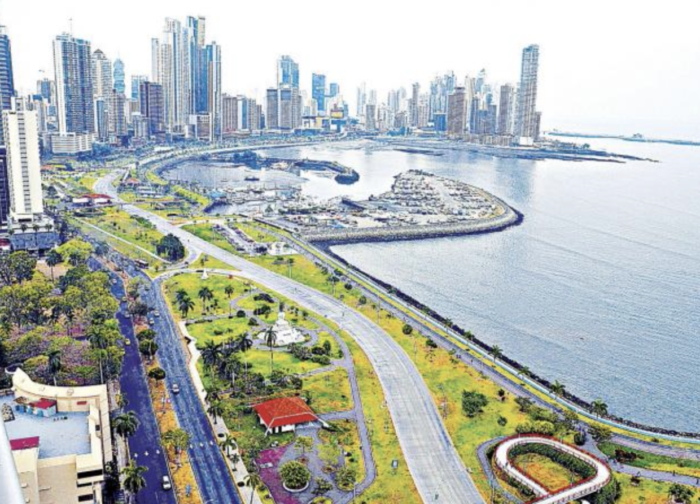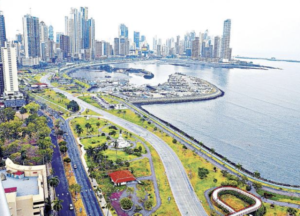Panama updated the guidelines and guidelines aimed at professionals who carry out the activities subject to supervision, in order to raise the level of compliance with a risk-based approach, strengthen the system of prevention of money laundering, in order to favor the competitiveness of the country.
This was established in agreement No. JD-02-2022, which replaces agreement No. JD-01 of June 25, 2020 as part of the risk mitigation strategy. “The agreement was born from the current regulations and a risk analysis of the corporate sector that was made in 2021,” explained the Superintendent of Non-Financial Subjects (SSNF), Dayra Carrizo Castillero.
The document details and specifies the obligations regarding the prevention of money laundering and financing of terrorism for lawyers and accountants, in order to provide guidance and legal certainty
The agreement is part of the mitigation strategy so that both lawyers and accountants can assess the risk of their activities and the activities of their clients, do either basic or expanded due diligence.
Specifically, the agreement provides guidance with respect to obligations in the thematic axes of: risk assessment, risk mitigation, knowledge of the nature of the business, determination of the financial and transactional profile.
” At the end of the day, what this agreement seeks is to be able to reinforce all that are due diligence measures, to give a risk-based approach. It’s as if you’re going to build a house… This agreement is trying to shield the services that both lawyers and accountants provide, in order to have greater transparency and eventually greater competitiveness,” Carrizo said.
The agreement is closely aligned with compliance with international standards demanded by international organizations such as the Financial Action Task Force (Gafi) so that Panama can leave its gray lists of tax havens.
Although for Carrizo, affirming that the agreement is part of Gafi’s requirement for the country to leave the gray list “is a government’s own decision. As I mentioned earlier, it responds to current regulations, that is, Law 23, Law 254 that empowers us to issue this type of regulation. This subrogate agreement, which was already issued in 2020, is an update of the standard in response to our risk assessment last year.”
Since June 2019, Gafi has kept Panama on its list of non-cooperating countries and high-risk jurisdictions, known as the gray list, considering that it still has strategic deficiencies in the regimes to counter money laundering and the financing of terrorism, although it recognizes its progress.
With regard to the updated risk agreement, the president of the National Bar Association (CNA), Juan Carlos Ara
He stressed that on the part of the lawyers sector, training is required, awareness is required and also very efficient communication with government authorities, understanding that the legal profession has made its sacrifice.
” With the passage of time it is the sector that has been most tormented in the face of regulations and that reality obviously means that the College asks for sensitivity for the implementation of this document,” Araúz said.
He said that next Monday at 2:00 in the afternoon the first training of lawyers will be held, in the National Bar Association, by the authorities. “It will be the first exchange so that the legal profession can externalize different approaches, the times in which it is intended to be implemented, but above all that the resource of training can be constantly transmitted to the authorities.”
Araúz pointed out that the aspiration is for each lawyer to become his own compliance officer, from the full understanding of responsibility, and that this is not understood as a prohibition on the provision of a service of the legal profession.
” It must be understood that the service of resident agent involves an activity of all lawyers, therefore to the extent that these new requirements are placed in a context of possibility and above all of total understanding, I would believe that the legal profession will continue to contribute with transparency and above all with the responsibility of presenting to the country and the world the competitiveness of a sector that is called to be an engine of development of the country,” he said.
However, according to Araúz, the main complaint of the lawyers is time. “Now, based on all these regulations, it implies that a lawyer who provides the service of resident agent must invest in documenting and supporting all these folders, which must be visible. It is a reality that in the previous regulations there was no thoroughness of having that documentation that had to be registered, therefore I would say that today for lawyers the first reaction is the time to invest to be able to complete the requirements; and the second would be to understand what those requirements are to be able to document efficiently, what the authorities seek to prove at the time when an incident occurs,”

